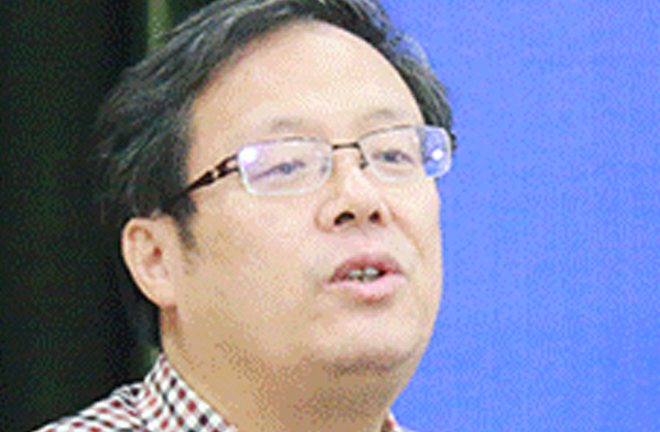GONG GANG: Economic studies should not become overly reliant on mathematical methods
 At present, Chinese economic studies are overusing mathematical models as a measurement of academic levels. This runs the risk of isolating economic studies from reality.
At present, Chinese economic studies are overusing mathematical models as a measurement of academic levels. This runs the risk of isolating economic studies from reality.
The problem is manifested in two ways. Scholars in this field rely too much on Western economic theories and apply measurement instruments, such as mathematical models, to interpret economic phenomena within China without considering whether it is appropriate. They downplay and even reject the articles that put forward innovative theories and offer in-depth analysis into Chinese realities if they fail to use mathematical methodologies.
Mathematical instruments themselves are reasonable and necessary as a research method. A new economic theory that can be interpreted and tested by a mathematical model is more convincing and likely to gain the recognition of the academic community. However, it should be noted that many phenomena in the economic development of China cannot be interpreted with the existing theories.
At present, the economic theories popular with Western mainstream academics and used for teaching are derived from studies on the mature market economies in the West. As a result, these theories are inadequate for examining Chinese realities, which are entirely different from those of the West.
Such inadequacy, however, is likely to be obfuscated by complicated mathematical models. Great confidence in mathematical logic leads to the adoption of the essence as well as the dross of these methodologies.
Moreover, there are not even any existing theories that can be used to explain some strategic development problems of China. It is impossible, at least in the short term, to give interpretation and analysis through certain models. The practice of using the application of models to decide whether an article can be published will result in negative consequences: Economic studies will be divorced from reality and thus fail to achieve the goal of serving economic development.
In addition, Chinese economic theories should avoid dominating academic discourse to such an extent that they become a kind of academic monopoly. Like the general commodity market, there is the academic market and competition, and academic competition will necessarily lead to monopolies. Once an economic theory becomes monopolistic in nature, conclusions drawn from this theory are likely to have overwhelming influence. And the consequent powerful ideology will in turn obstruct the process of testing truth of the theory with social practices.
Since economic theories are not invariable, such an academic monopoly may break away from the current situation and have disastrous consequences to economic and social development. The international financial crisis in 2008 was related to the monopoly of certain economic theories in Western academia. China should not follow suit.
To avoid academic monopolies, above all, economic studies should get back on track with empirical economics. Contention and communication among different theories and ideas should be encouraged to ensure China will not make irreversible mistakes in making major decisions and dealing with strategic issues.
In commodity markets, government intervention is needed to prevent monopolies. Similarly, the government should adopt specific measures to avoid academic monopolies. For instance, the government can support the development of Marxist economic journals by increasing their proportions in terms of evaluations and awards.
Gong Gang is a professor from the Financial Research Institute at Yunnan University of Finance and Economics.
